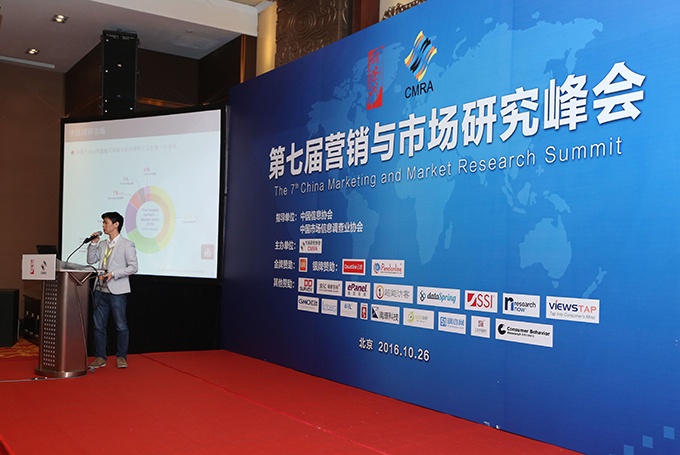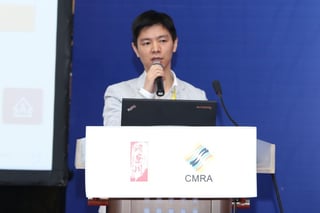
Mr. Xiaoyi Chai, dataSpring's General Manager in China, presented at the 7th China Marketing and Market Research Summit in Beijing last October 27, 2016. Data quality is the number one concern of the online market research industry in China. His presentation describes the status quo of the industry and how technology will play a major part in shaping its future. Here are the highlights:
A. Online research in China has a bright future
- In the past five years, online research globally has increased significantly.
- China's research market is facing some serious problems, like human resource cost, which is forcing companies to innovate.
B. Future of China's research methods
- Telephone surveys will continue to exist as an important component of research.
- Face-to-face surveys will decline.
- Big data analysis and other new methods will emerge.
- Online surveys will be more widely used.
- Surveys on smartphones and other mobile devices will be more prevalent.
Download Full Presentation in Chinese
C. Challenges of online research in China
- Inadequate coverage of interviewed groups. The internet penetration rate of China in 2015 is only 50% and the average age of netizens is 41 years old.
- Lack of motivation to participate in a survey. Traditional incentives are no longer enough to attract respondents. Surveys need to have an interesting subject matter to appeal to the participants. The length of interview must be shortened.
- Limited access to respondents. The participation rate in China is generally low and panel managers need to actively engage respondents to get them to participate. Panel companies have the option to recruit targeted groups, but it will incur high maintenance costs and the coverage will be limited.
- Quality is difficult to control. Many Chinese respondents answer online surveys very casually so data quality tends to compromise. On top of that, there are several fraudulent practices, such as duplication of responses.
D. Possible tech solutions to prevent duplication
- Require SMS verification before answering the survey.
- Record device unique ID.
- Analyze participant responses in conjunction with questionnaire content.
- Track panelist's behavior patterns.
- Mix use of multiple technologies.

Xiaoyi Chai is a graduate of Tsinghua University. He worked as an engineer for eight years before joining VG China in 2014 as Project Manager, later as Product Manager. He helped develop a system to support the company's products. At dataSpring, Xiaoyi is the General Manager in the China office. His goal is to build a great Team that will build great products.


 Download Panel Book
Download Panel Book


